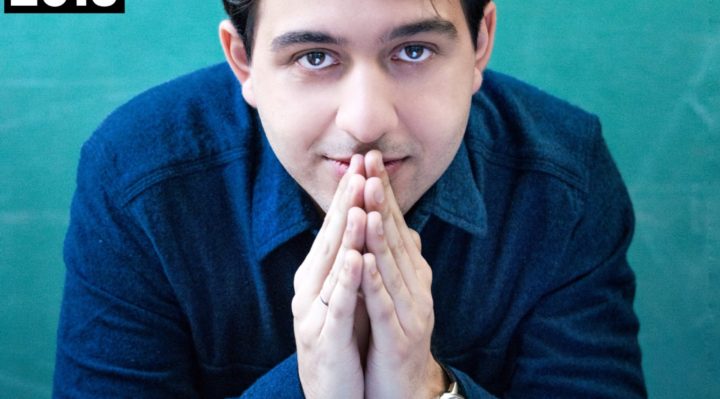 “The Artist of the sound”
“The Artist of the sound”
Levante, Spanish Daily Newspaper, May 2018
“Now here is a magnificent pianist you have to take account of in the future”
Classica, French Classical Music Magazine, June 2017
“Okros has the extra something, the exclusive element that runs away from any definition”
Israel Hayom, Israeli Daily Newspaper, May 2017
Luka Okros has established himself as one of the greatest pianists of his generation.
Okros’s performances have been praised by critics as “intense, strong and natural, with an impressive creativity”. Lang Lang said earlier about his performance of Liszt’s infamous Hungarian Rhapsody: “In such a technical work he does not deprive musicality. This is a rarity!”.
On November 24th an acclaimed Georgian pianist makes his Oslo debut at the prestigieus Oslo Konserthus
https://www.oslokonserthus.no/program/pianist-luka-okros/
The London-based Georgian pianist will present famous works by Schubert, Chopin, Rachmaninov and Liszt.
Luka Okros was born in Tbilisi, Georgia. He graduated from the Moscow Tchaikovsky Conservatory and earned his Master’s degree at the Royal College of Music in London, Okros is now among the world’s most acclaimed classical musicians.
Winner of multiple major awards, Okros has appeared at prestigious venues worldwide, including Amsterdam’s Concertgebouw to New York’s Carnegie Hall. He had performed in more than 30 countries.
Highlights of 2018/19 season include recitals in Europe and Asia including – Hong Kong (HK City Hall), Oslo (Konserthus), Vienna (Konzerthaus), Brussels (Bozar), Helsinki (Musiikkitalo), Budapest (Liszt Academy), Tbilisi (Conservatory), Kiev (Philharmonic), Berlin (Konzerthaus), Luxembourg (Philharmonie), Amsterdam (Het Concertgebouw), London (Southbank Centre).
In addition to his career as a concert pianist, Luka works on creating an album of his own compositions.
Luka’s recordings are available on Spotify, iTunes, Amazon.
You can find more information on his official website www.lukaokros.com or Instagram page www.instagram.com/lukaokros which has more than 50K followers.
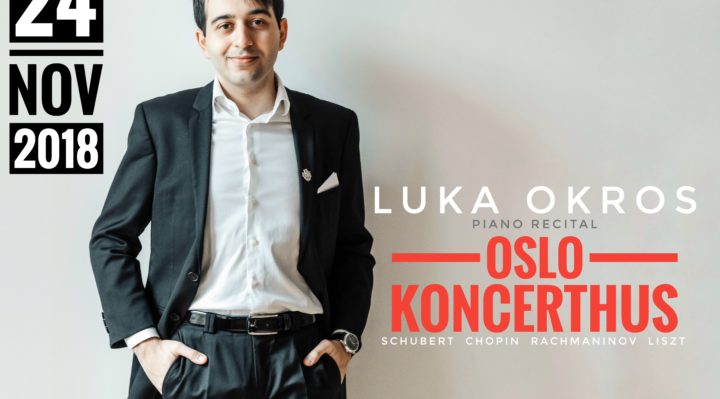

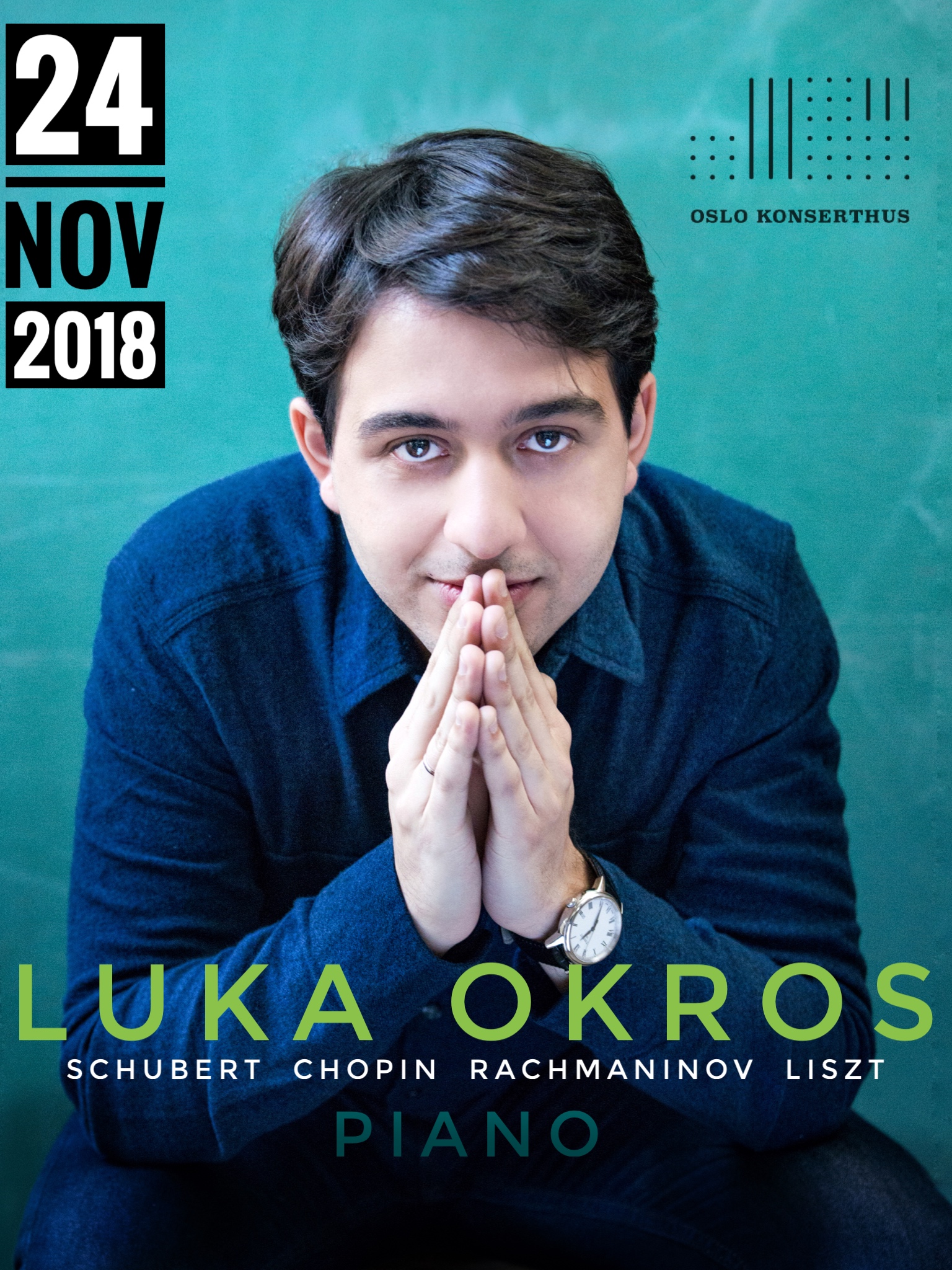



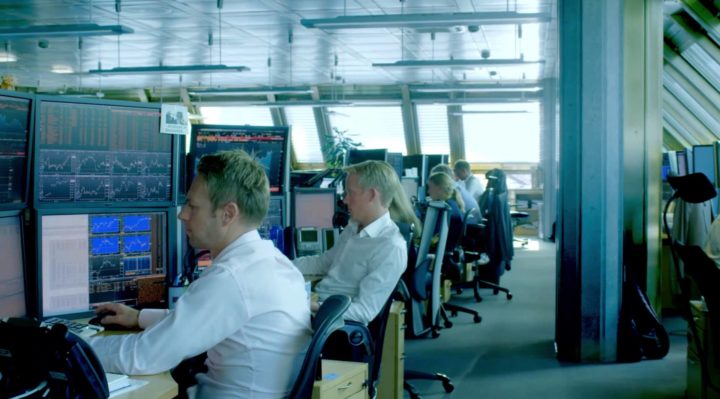 The Ministry of Finance sends on public consultation the report on energy stocks in the Norwegian Government Pension Fund Global.
The Ministry of Finance sends on public consultation the report on energy stocks in the Norwegian Government Pension Fund Global.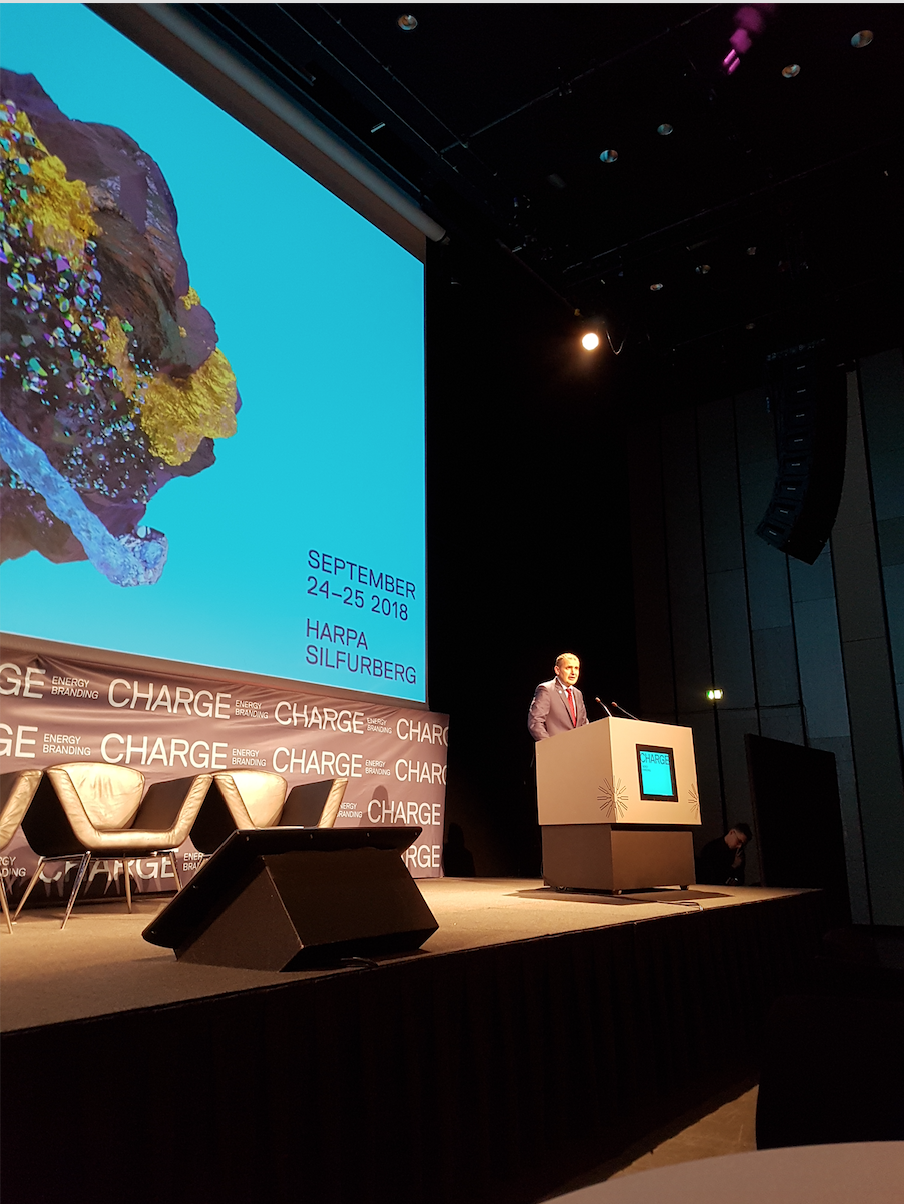
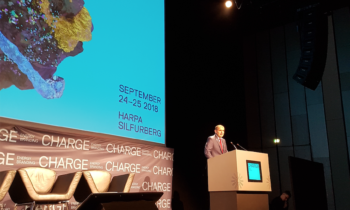 Energy experts gathered today at the annual
Energy experts gathered today at the annual 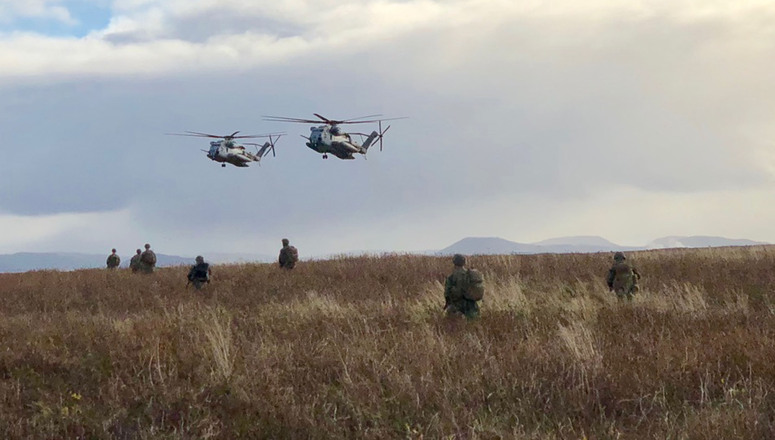
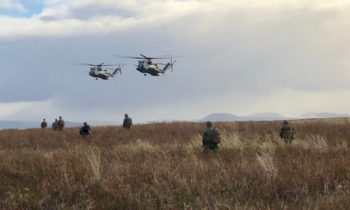





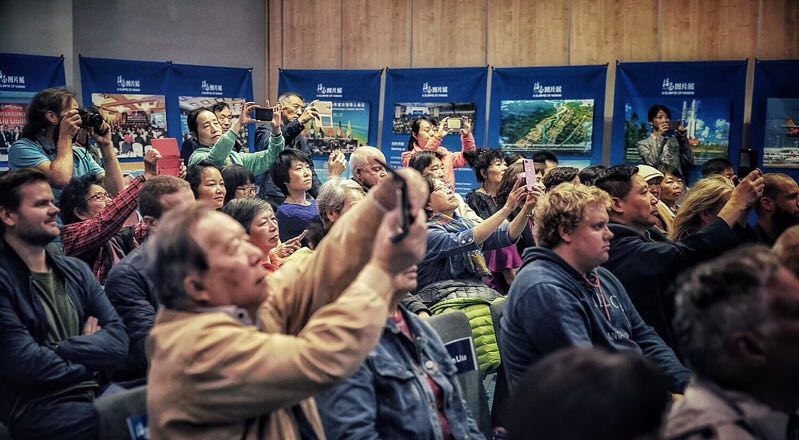
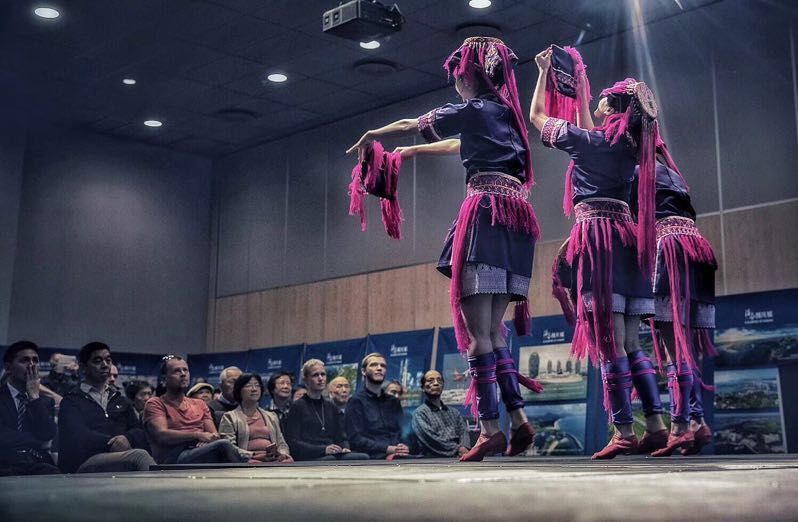
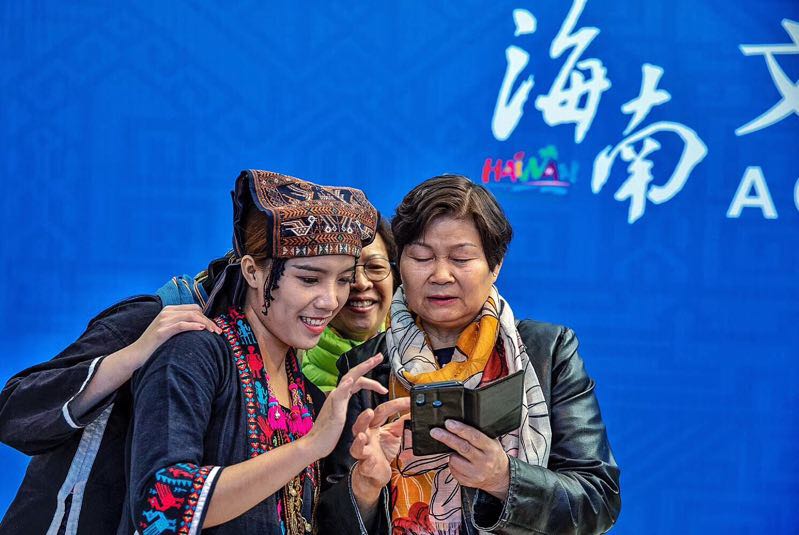
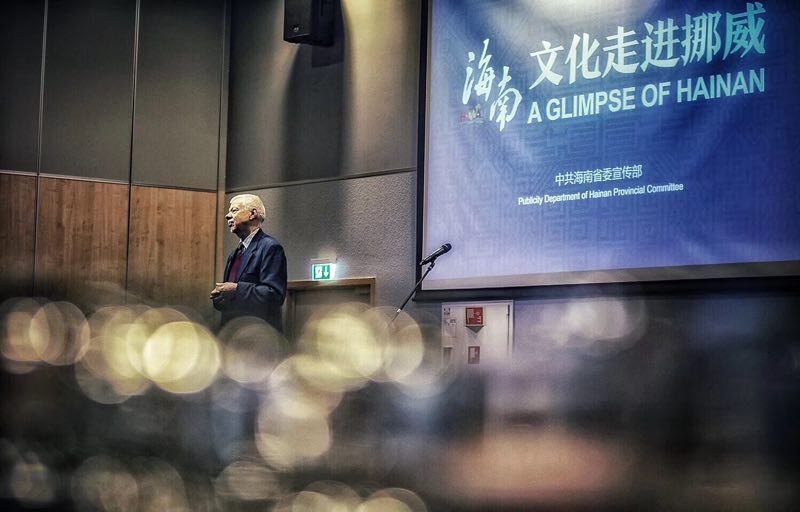
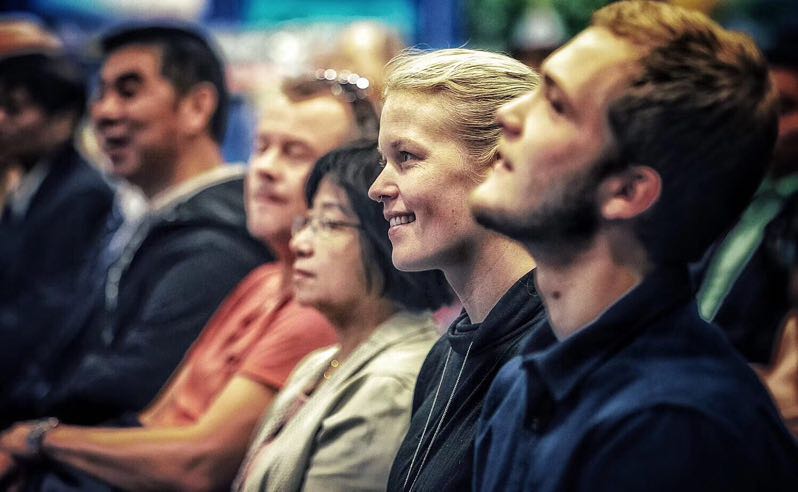
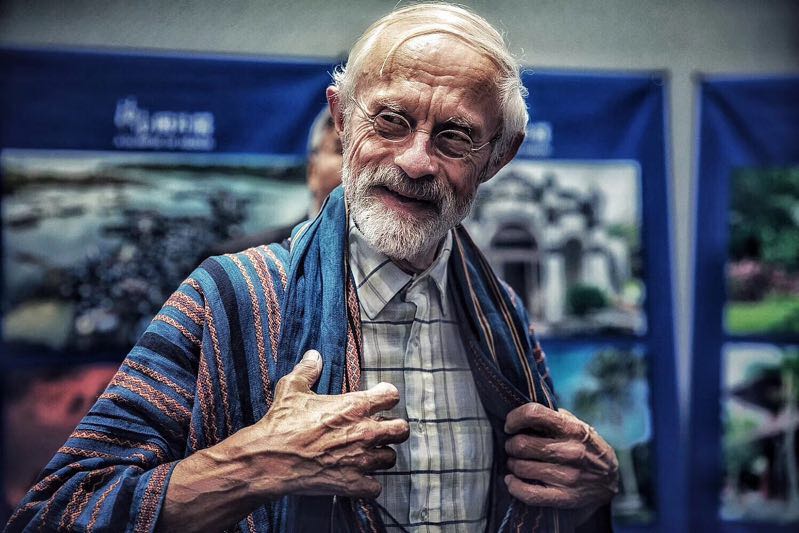
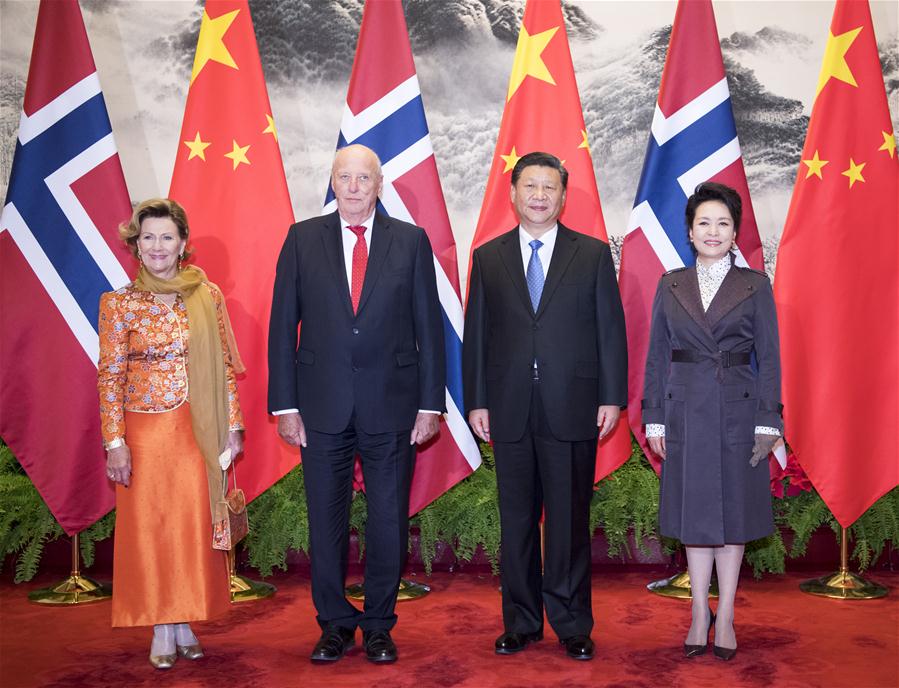
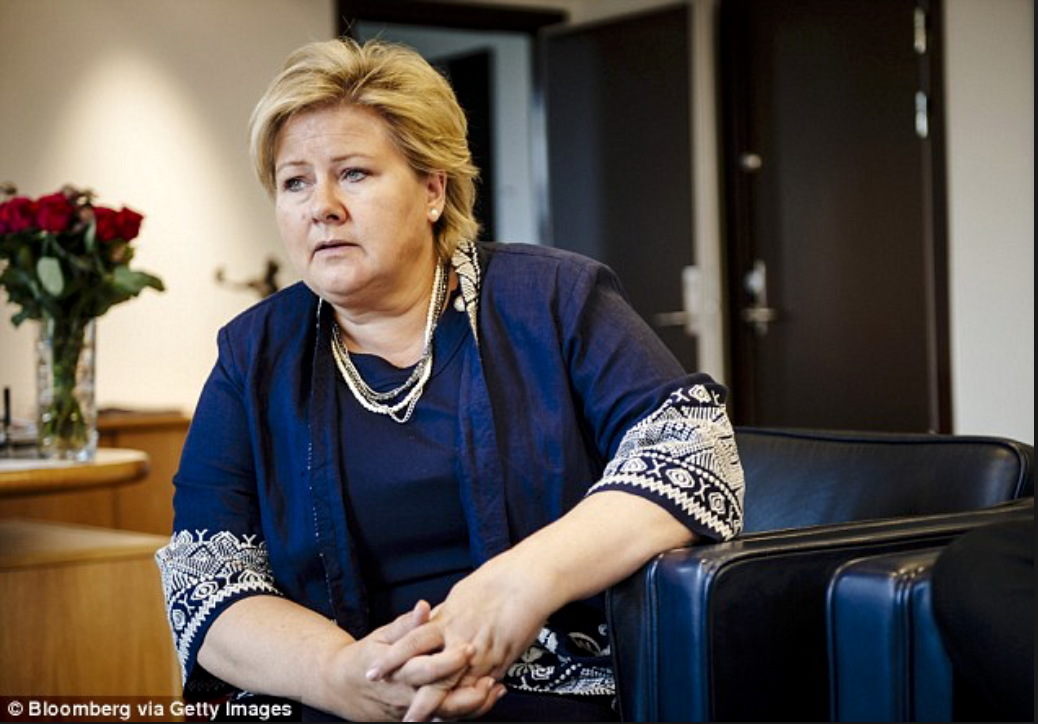
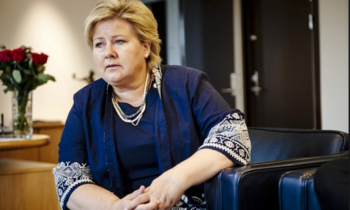 Women in Norway who were vilified after WWII for having had relationships with German soldiers received an official government apology on Wednesday from Prime Minister Erna Solberg.
Women in Norway who were vilified after WWII for having had relationships with German soldiers received an official government apology on Wednesday from Prime Minister Erna Solberg.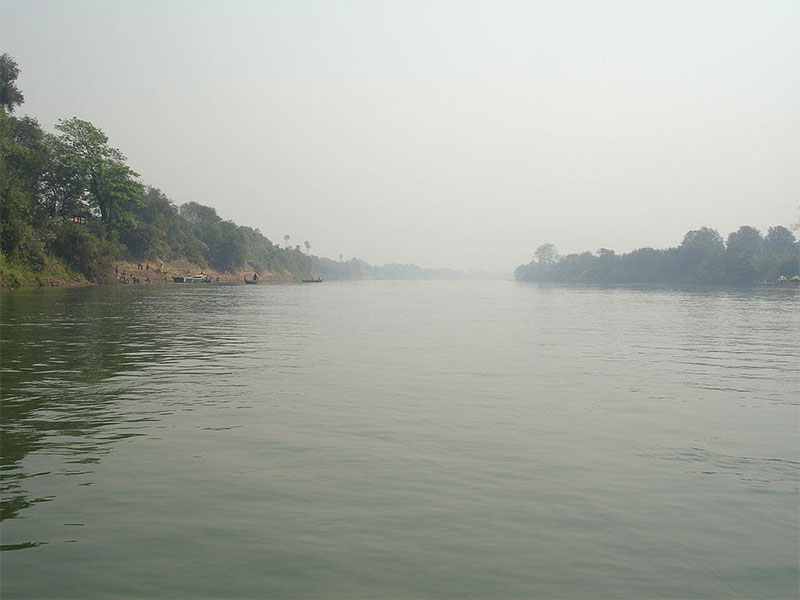
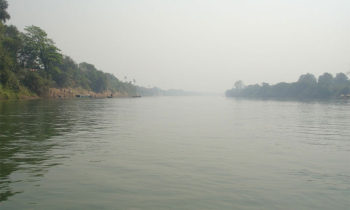 Leaders from the Global Climate Action Summit (GCAS) announced the sponsors who will help ensure that the summit will fulfill its pledge to meet or exceed international sustainability standards for large events.
Leaders from the Global Climate Action Summit (GCAS) announced the sponsors who will help ensure that the summit will fulfill its pledge to meet or exceed international sustainability standards for large events.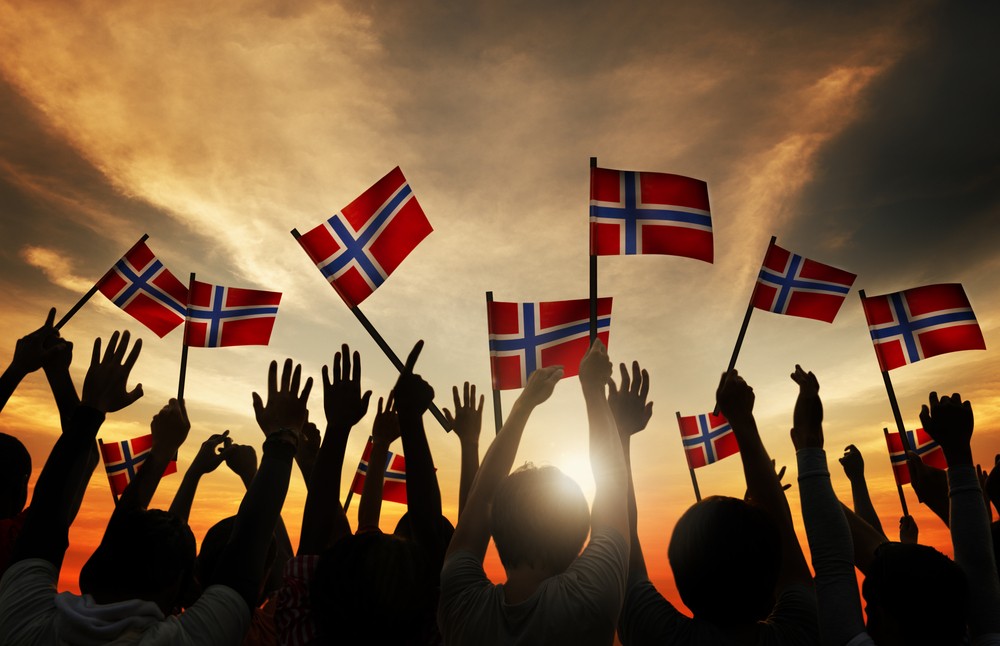
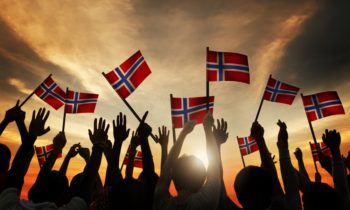 “The government’s focus on transport and communications links the nation ever closer together. We are building roads and railways at a pace never before seen, with particular focus on technology. In pursuing our objectives in this sector we are making life easier for the majority of citizens, supporting the competitiveness of our trade, industry and commerce, and developing and expanding population and commercial regions. The government proposes an investment of 73.1 billion kroner in transport and communications. This is an increase of 5.4 billion kroner or 7.9 percent compared to the balanced budget for 2018. This proposal results in an impressive 75 percent increase in the transport and communications budget since 2013”.
“The government’s focus on transport and communications links the nation ever closer together. We are building roads and railways at a pace never before seen, with particular focus on technology. In pursuing our objectives in this sector we are making life easier for the majority of citizens, supporting the competitiveness of our trade, industry and commerce, and developing and expanding population and commercial regions. The government proposes an investment of 73.1 billion kroner in transport and communications. This is an increase of 5.4 billion kroner or 7.9 percent compared to the balanced budget for 2018. This proposal results in an impressive 75 percent increase in the transport and communications budget since 2013”.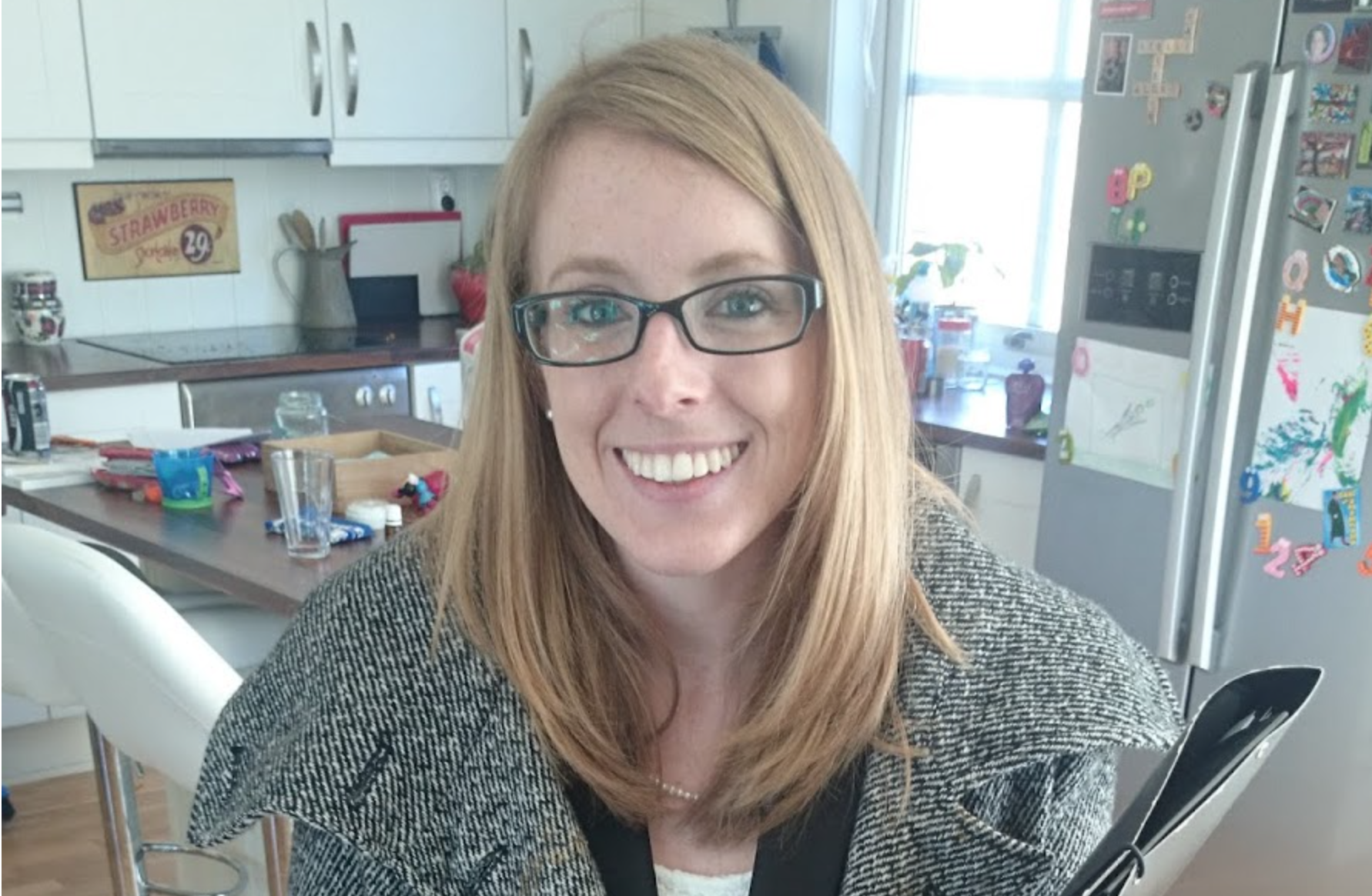
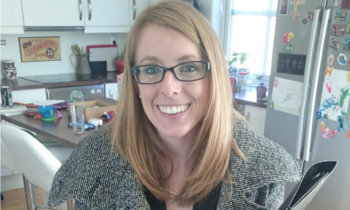 I occasionally have people send me messages asking how they can move to Norway or how to find jobs when moving to Norway. Most of them are optimists and wish to land a job upon, or before moving. I once did this too when I was preparing for the move. I would find blogs about Norway, contact the writer and ask questions. Though maybe I wasn’t as optimistic as some who have contacted me, I did have my concerns about the job market. More specifically, my chances of finding a job being a recently transplanted American having weak Norwegian speaking skills.
I occasionally have people send me messages asking how they can move to Norway or how to find jobs when moving to Norway. Most of them are optimists and wish to land a job upon, or before moving. I once did this too when I was preparing for the move. I would find blogs about Norway, contact the writer and ask questions. Though maybe I wasn’t as optimistic as some who have contacted me, I did have my concerns about the job market. More specifically, my chances of finding a job being a recently transplanted American having weak Norwegian speaking skills.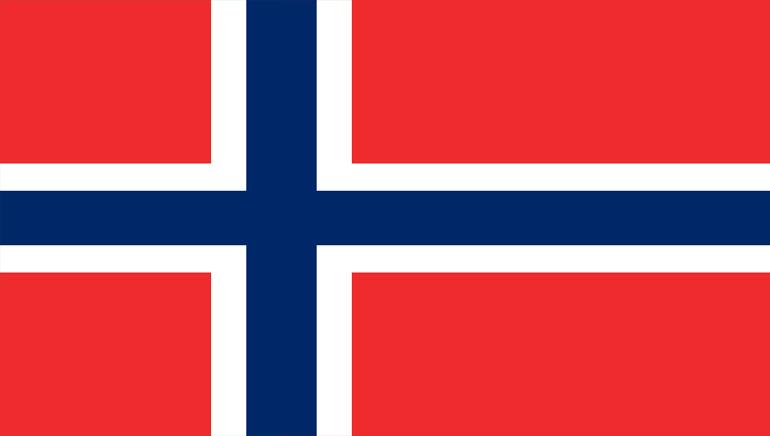
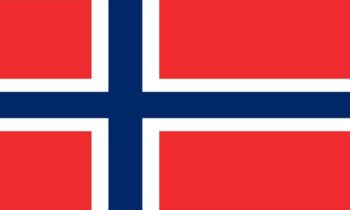 ‘Parts of Europe’s southern and eastern neighbourhood are still severely affected by fragility and conflict . Much of the Sahel region, for example, remains unstable and provides a breeding ground for a variety of threats ranging from extremism to state collapse. The Government has therefore proposed a substantial increase in funding for these areas,’ said Minister of Foreign Affairs Ine Eriksen Søreide.
‘Parts of Europe’s southern and eastern neighbourhood are still severely affected by fragility and conflict . Much of the Sahel region, for example, remains unstable and provides a breeding ground for a variety of threats ranging from extremism to state collapse. The Government has therefore proposed a substantial increase in funding for these areas,’ said Minister of Foreign Affairs Ine Eriksen Søreide.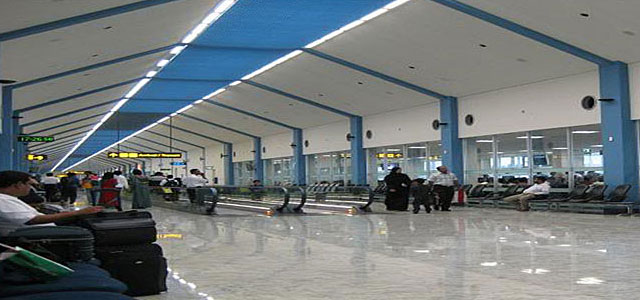
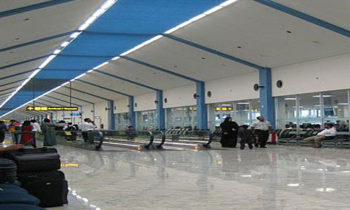 Sri Lanka Customs officials at the Bandaranaike International Airport in Katunayake on Tuesday have arrested a Norwegian national who was attempting to smuggle in gold jewellery worth over NOK 0.6 million.
Sri Lanka Customs officials at the Bandaranaike International Airport in Katunayake on Tuesday have arrested a Norwegian national who was attempting to smuggle in gold jewellery worth over NOK 0.6 million.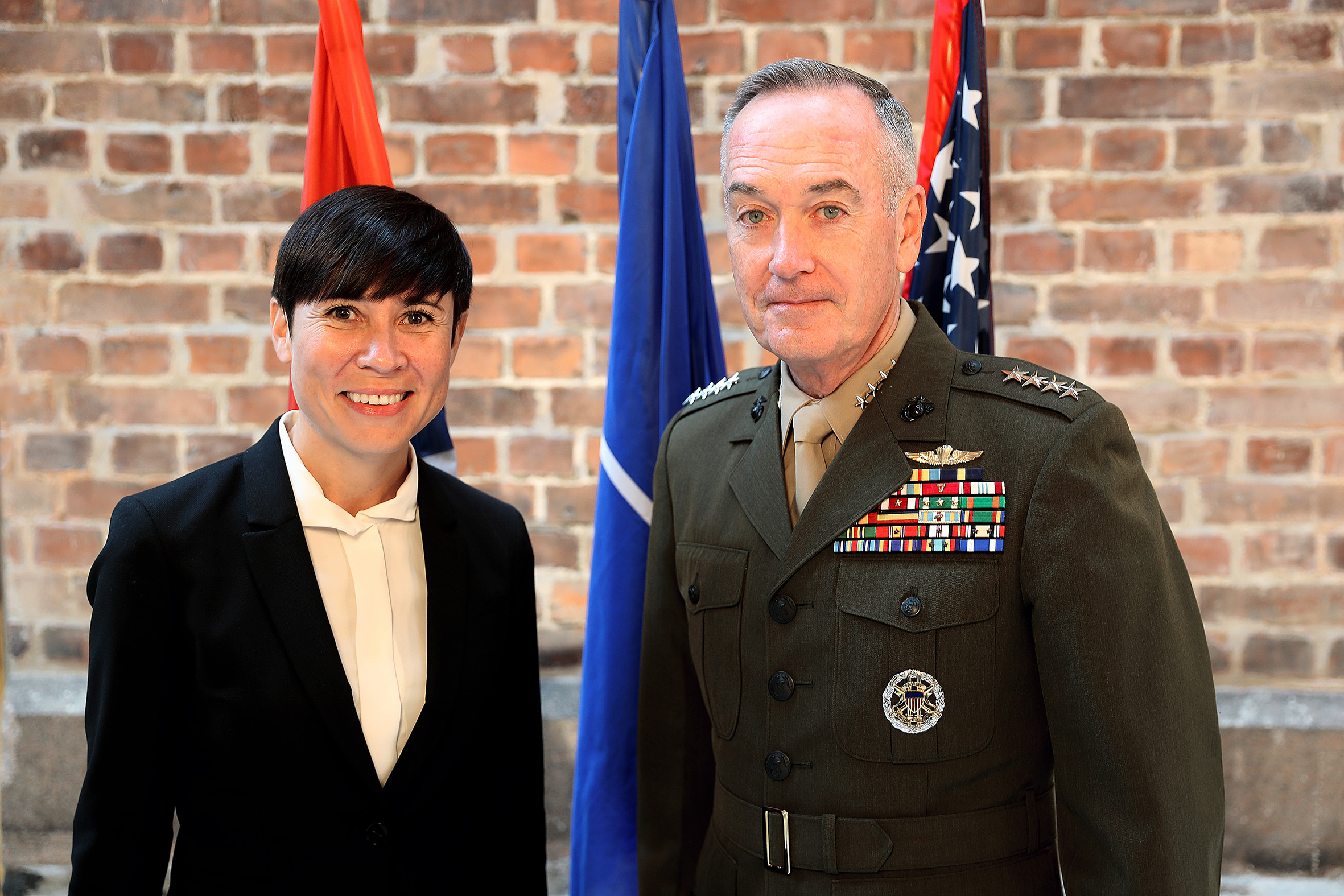
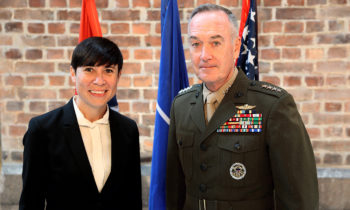
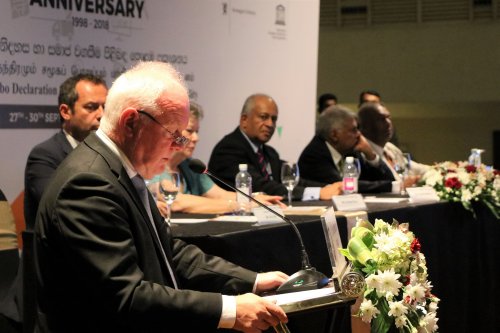
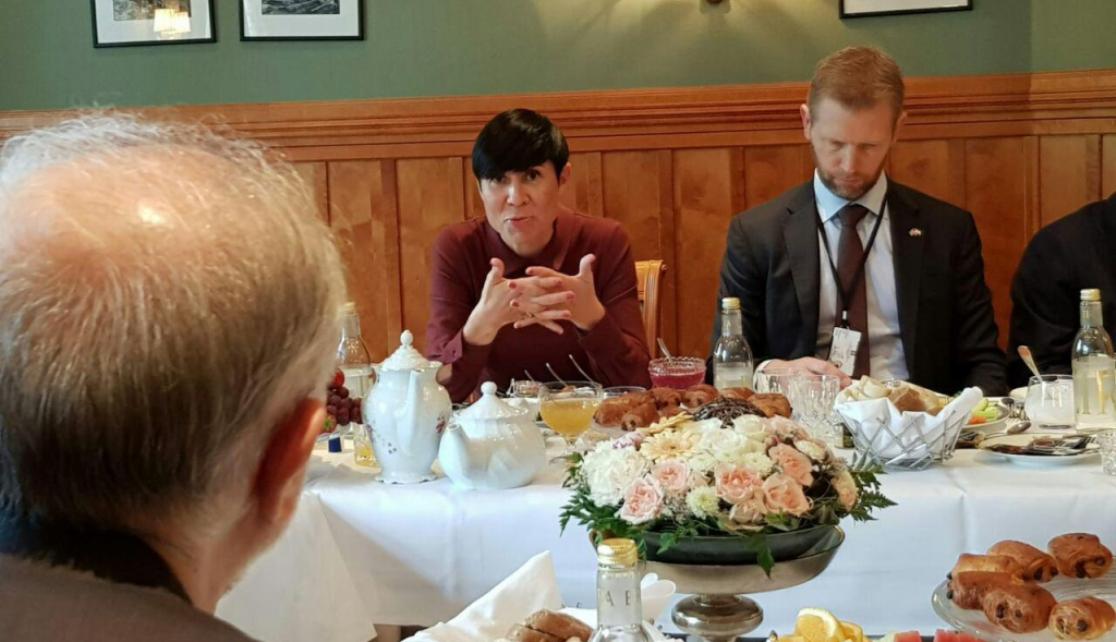
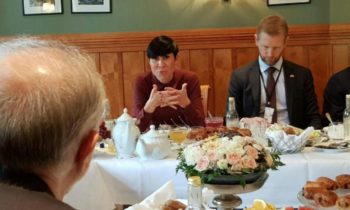 The Ministry of Foreign Affairs has restructured its budget. The Ministry’s budget proposal for 2019 is shorter and more concise than previously, and many allocations have been consolidated thematically.
The Ministry of Foreign Affairs has restructured its budget. The Ministry’s budget proposal for 2019 is shorter and more concise than previously, and many allocations have been consolidated thematically.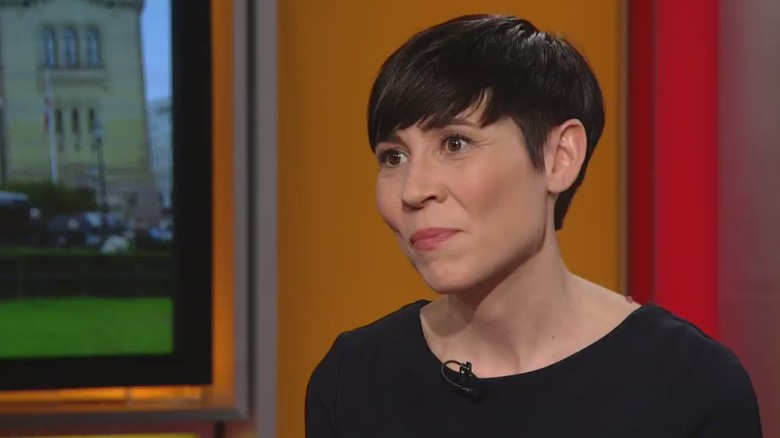
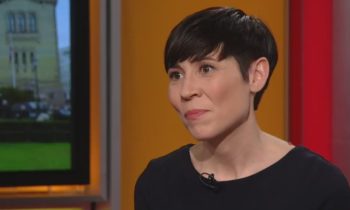 ‘Humanitarian needs worldwide are record high. The Government has increased Norway’s support to humanitarian crises by about 50 % since 2013. In addition to providing more funding, we also need to make sure that assistance reaches as many people as possible, as quickly as possible. This is why we are signing a four-year agreement amounting to NOK 1.68 billion with the UN humanitarian fund today,’ said Minister of Foreign Affairs Ine Eriksen Søreide.
‘Humanitarian needs worldwide are record high. The Government has increased Norway’s support to humanitarian crises by about 50 % since 2013. In addition to providing more funding, we also need to make sure that assistance reaches as many people as possible, as quickly as possible. This is why we are signing a four-year agreement amounting to NOK 1.68 billion with the UN humanitarian fund today,’ said Minister of Foreign Affairs Ine Eriksen Søreide.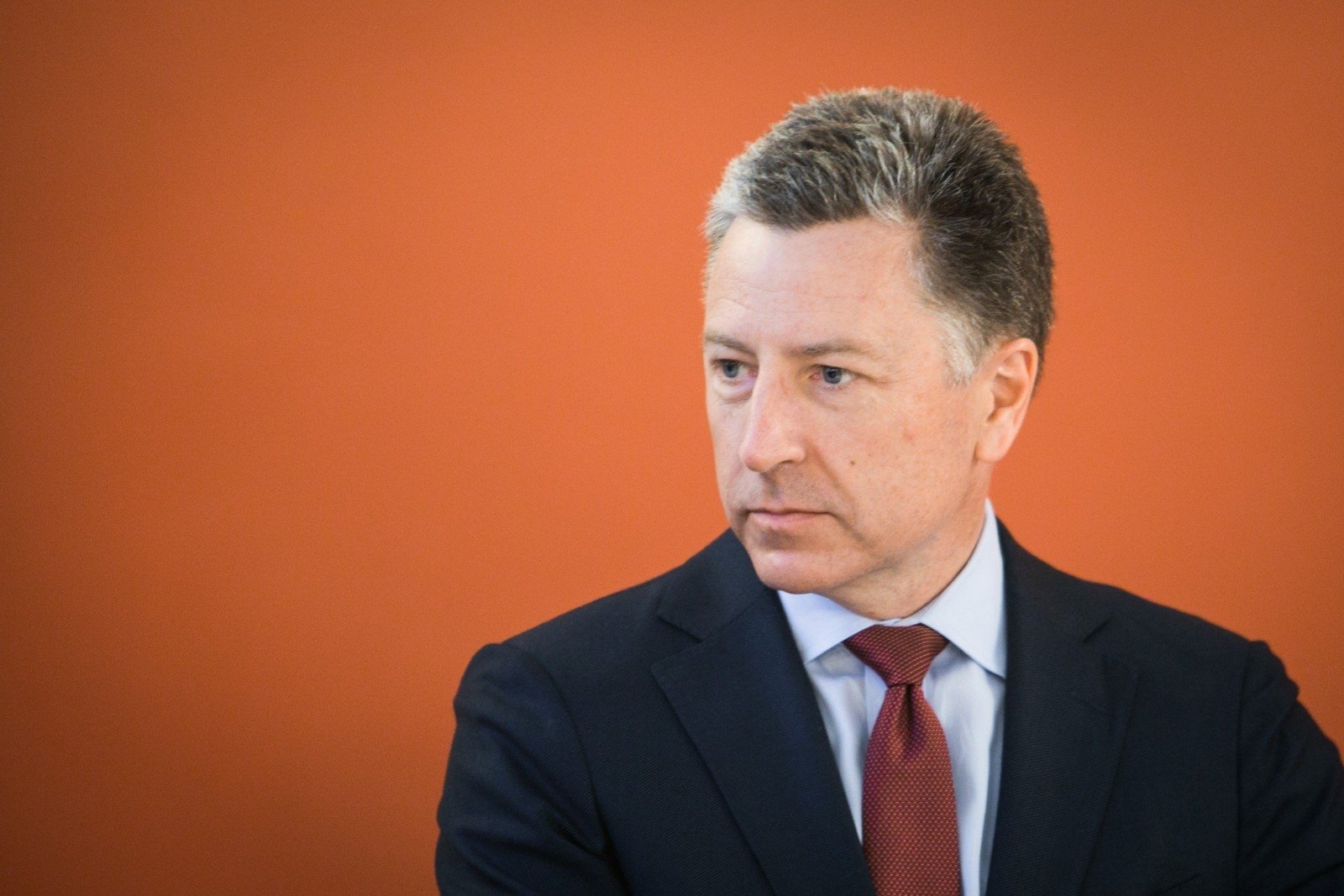
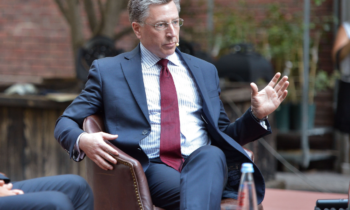 Russia’s Ukraine “operation” has backfired by making its former vassal state more pro-Western than ever, a U.S. diplomat has said.
Russia’s Ukraine “operation” has backfired by making its former vassal state more pro-Western than ever, a U.S. diplomat has said.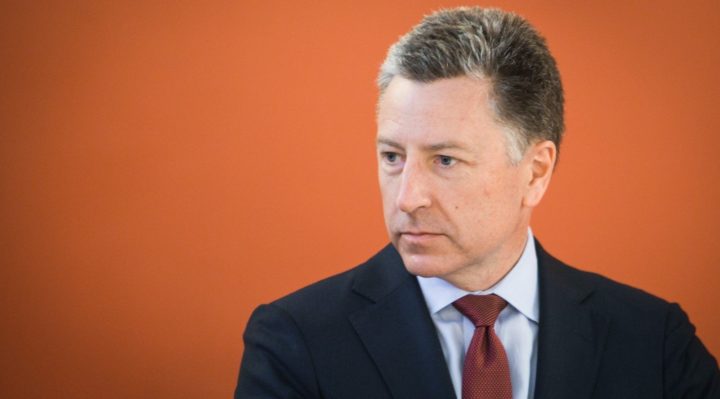
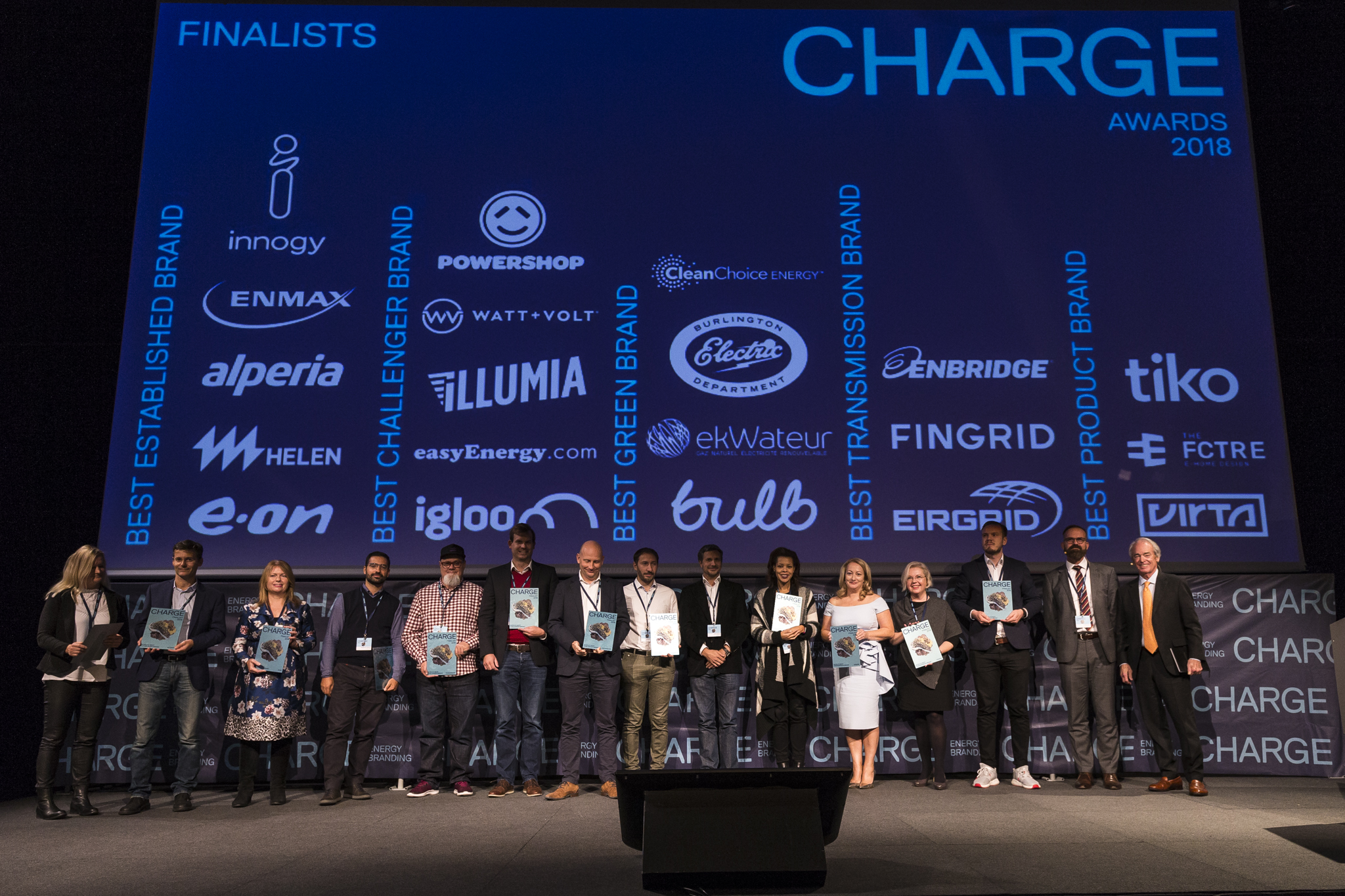
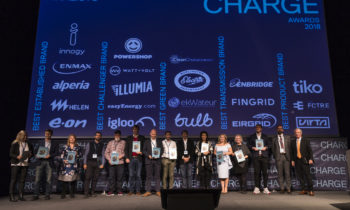 Best Established Brand: EON
Best Established Brand: EON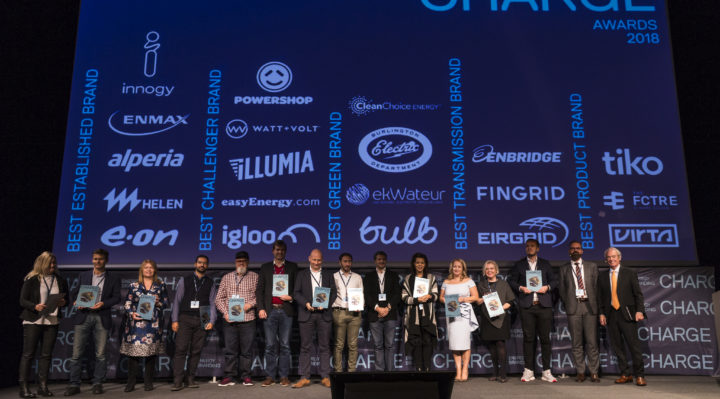
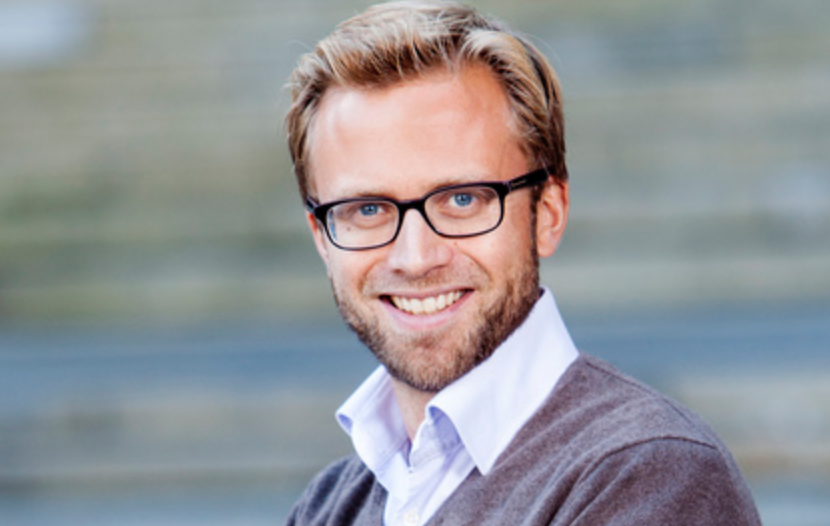
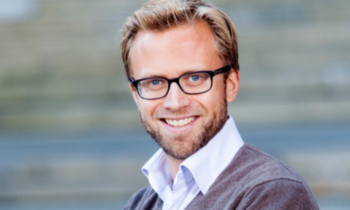 The Norwegian Government is proposing to allocate at least NOK 1 billion in support for women’s rights and gender equality as part of the 2019 aid budget. This is an increase of more than NOK 68 million. In addition to this ‘women’s billion’, Norway is funding measures to improve women’s and maternal health as part of its global health efforts, and promoting women’s rights in other areas of development policy.
The Norwegian Government is proposing to allocate at least NOK 1 billion in support for women’s rights and gender equality as part of the 2019 aid budget. This is an increase of more than NOK 68 million. In addition to this ‘women’s billion’, Norway is funding measures to improve women’s and maternal health as part of its global health efforts, and promoting women’s rights in other areas of development policy.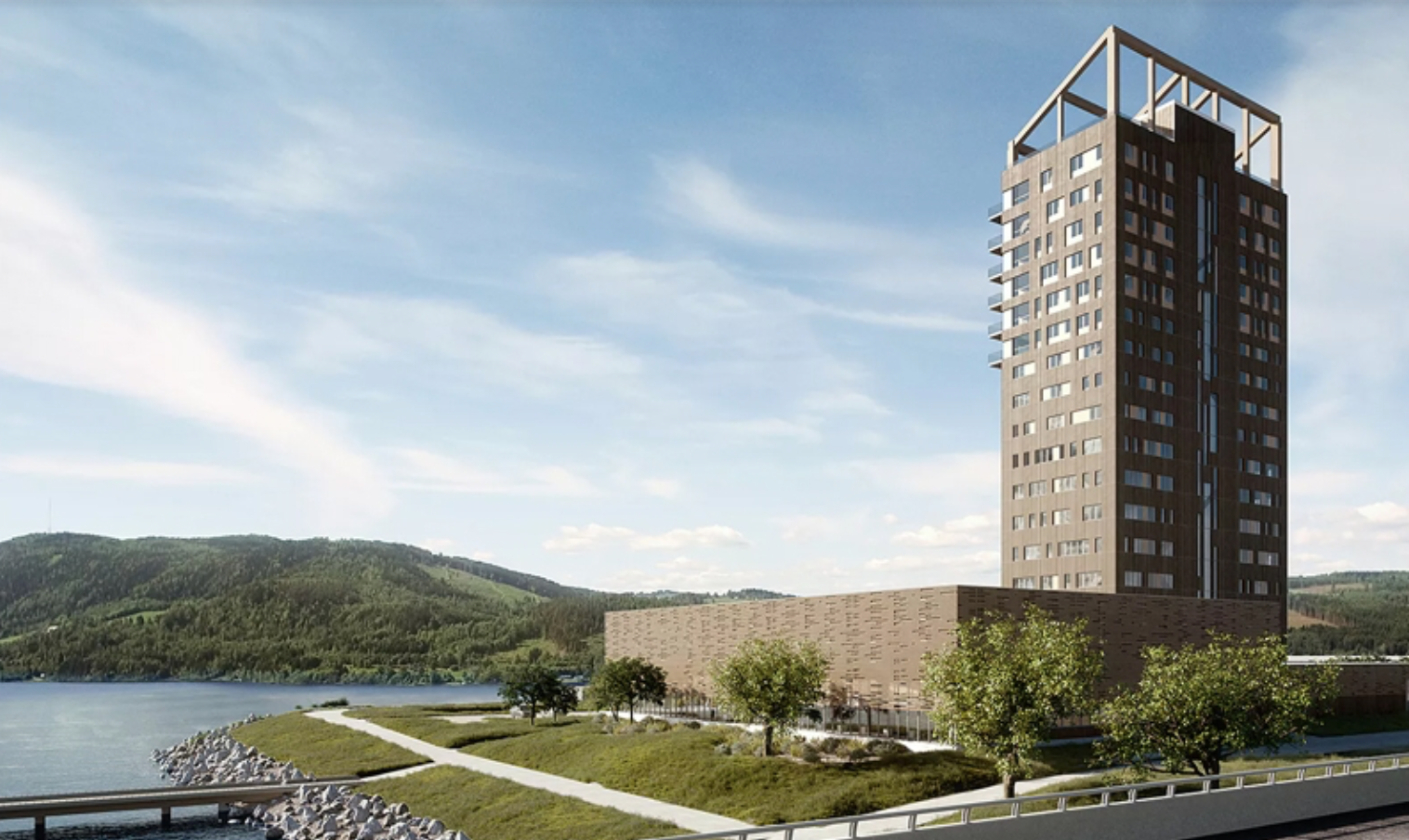
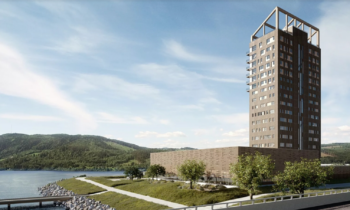 Norway has completed the frame of the world’s tallest timber building, which is being lauded for being environmentally friendly and fire resistant. The Mjos Tower, which is situated near and named after a lake located about 100 kilometres (60 miles) north of Oslo, saw its last beam hoisted by a crane this week. At 85.4 metres (just over 280 feet), it has 18 floors. Promoters say that using wood, a renewable material, makes it possible to reduce CO2 emissions compared to concrete, which is the primary material of residential buildings in cities.
Norway has completed the frame of the world’s tallest timber building, which is being lauded for being environmentally friendly and fire resistant. The Mjos Tower, which is situated near and named after a lake located about 100 kilometres (60 miles) north of Oslo, saw its last beam hoisted by a crane this week. At 85.4 metres (just over 280 feet), it has 18 floors. Promoters say that using wood, a renewable material, makes it possible to reduce CO2 emissions compared to concrete, which is the primary material of residential buildings in cities.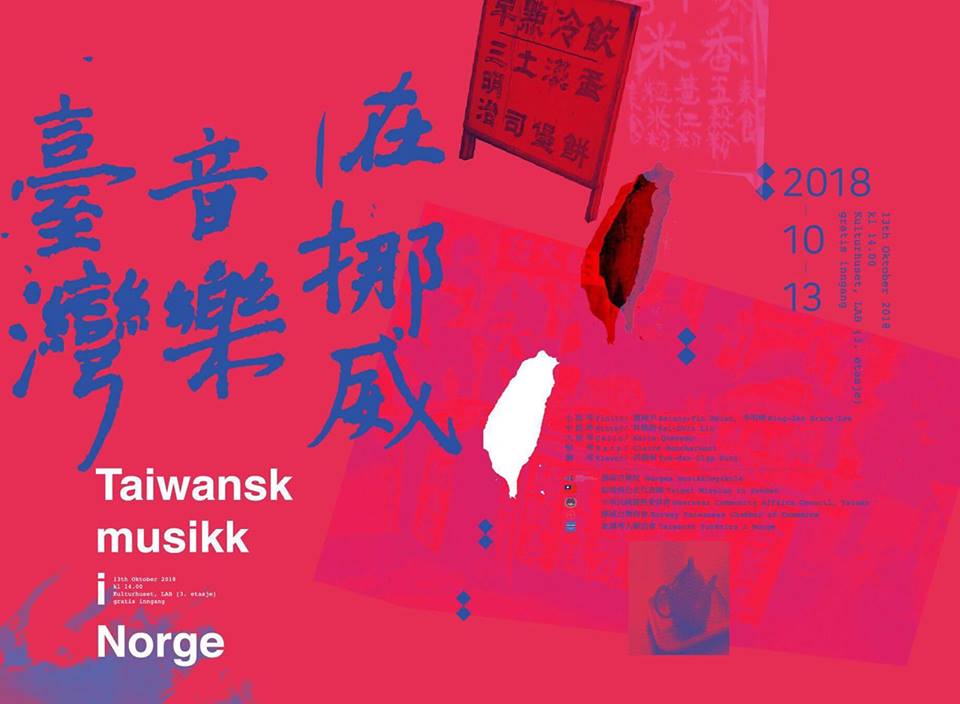
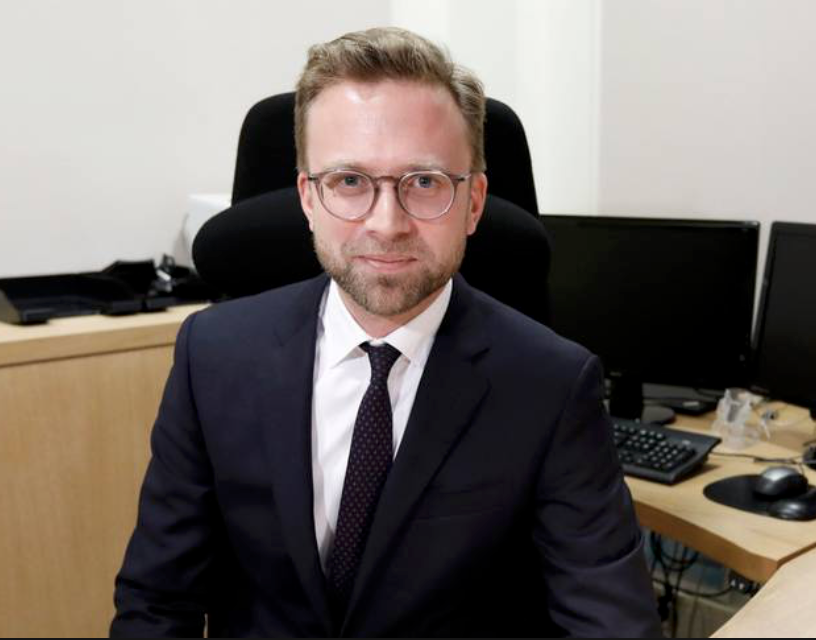
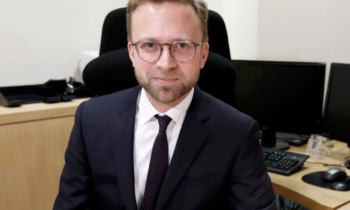 ‘It is the world’s poorest and most vulnerable people who are being hardest hit by climate change. Increasingly, a lack of food and failing harvests are causing instability and conflict. Climate change adaptation is essential for achieving the SDGs. We therefore intend to increase Norway’s funding for promoting food security and climate-resilient agriculture by NOK 60 million in next year’s budget,’ said Minister of International Development Nikolai Astrup.
‘It is the world’s poorest and most vulnerable people who are being hardest hit by climate change. Increasingly, a lack of food and failing harvests are causing instability and conflict. Climate change adaptation is essential for achieving the SDGs. We therefore intend to increase Norway’s funding for promoting food security and climate-resilient agriculture by NOK 60 million in next year’s budget,’ said Minister of International Development Nikolai Astrup.